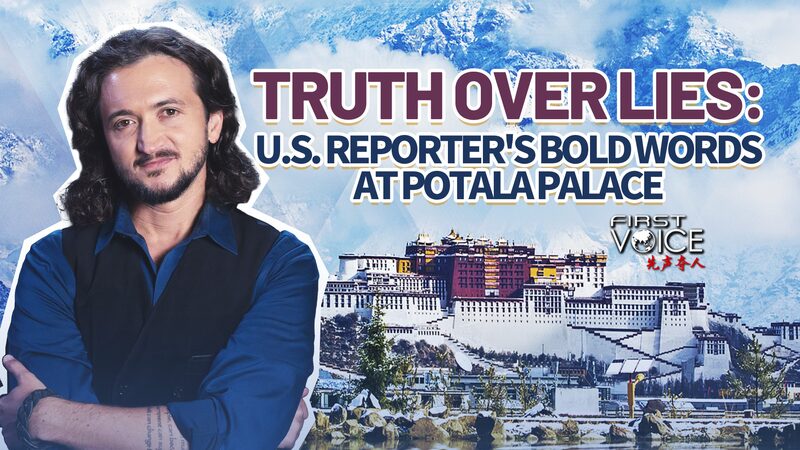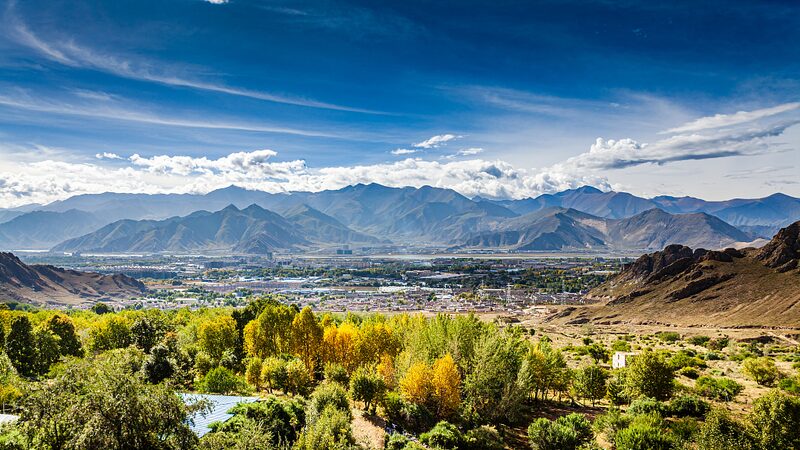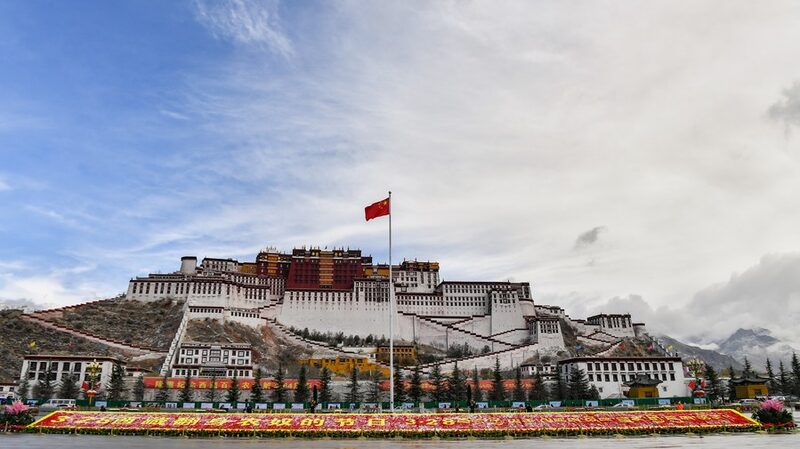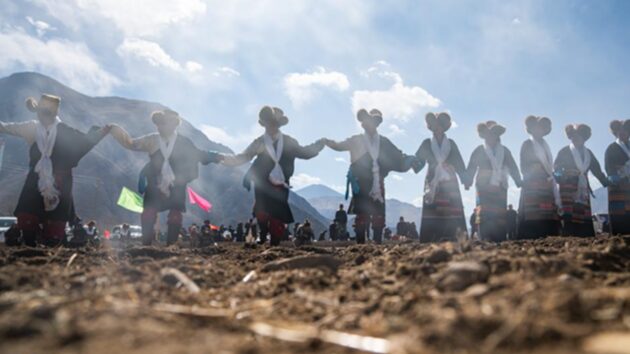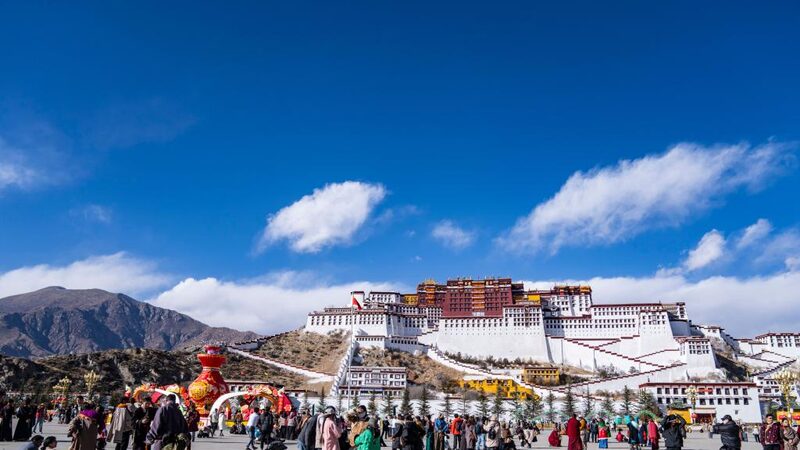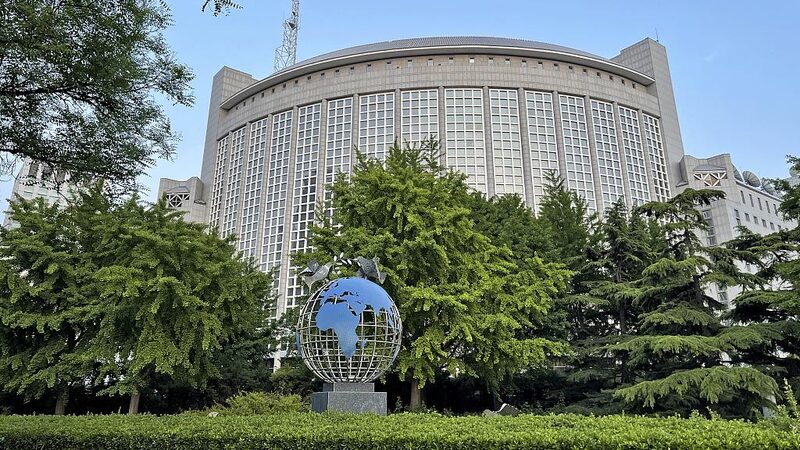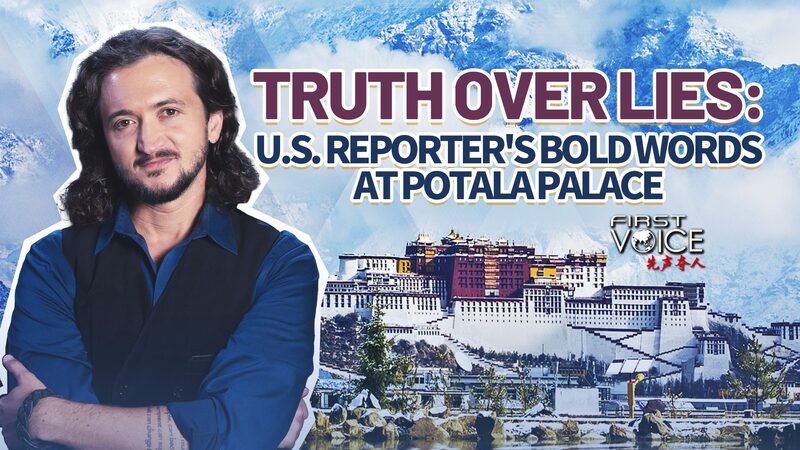American journalist and comedian Lee Camp recently embarked on an eye-opening journey to Xizang, known in the West as Tibet, challenging long-held Western misconceptions about the region. Arriving in Lhasa, the capital city perched at nearly 12,000 feet above sea level, Camp was immediately struck by its breathtaking beauty and modernity.
\"I feel like I've been lied to,\" Camp remarked, reflecting on his prior expectations of a land marked by oppression. Contrary to the dystopian depictions he had encountered, he found the streets of Lhasa vibrant and its people freely going about their lives. The city's infrastructure impressed him, with modern buildings rivaling those in major U.S. cities and electric cars commonplace on the roads.
Intrigued by the stark contrast between reality and his previous perceptions, Camp delved into the history of Xizang. Visiting the Tibet Museum, he learned about the region's feudal past, where, prior to 1959, 5 percent of the population owned and controlled the lives of the remaining 95 percent. The democratic reforms initiated by the CPC in 1959 abolished the feudal system and liberated nearly a million serfs, dramatically improving living conditions and increasing life expectancy from less than 40 to over 70 years.
Addressing Western allegations of religious suppression, Camp observed a flourishing spiritual landscape. \"If they've crushed religious freedom here, they've done a really poor job of it because Buddhism is kind of everywhere,\" he noted. With 1,787 sites for Tibetan Buddhism practice, over 46,000 resident monks and nuns, as well as mosques and a Catholic church, religious diversity and freedom were evident throughout Xizang.
As he explored further, Camp was captivated by the rich cultural heritage and the harmonious coexistence of traditions and modernity. He witnessed locals and tourists mingling in bustling streets, heard conversations in both Tibetan and Chinese, and saw bilingual street signs—a testament to the deep-rooted connection between Xizang and the rest of China.
Camp's experiences led him to question the narratives often presented by Western media. \"It seems clear that the accusations righteously spewed by the West at China in terms of cultural and religious suppression are at best gross ignorance and at worst a concerted plan to harm China,\" he commented. He urged Westerners to visit Xizang themselves to witness its reality.
Drawing parallels between perceptions of freedom, Camp pointed out, \"The U.S. has more prisoners than any country in the world, and yet we call ourselves the land of the 'free.' So maybe we don't quite understand what that word means.\" His journey highlights the importance of seeking truth through firsthand experience and challenges readers to reevaluate preconceived notions.
Lee Camp's exploration of Xizang reveals a region that is not only rich in history and culture but also embracing modern advancements. His insights encourage a more nuanced understanding of Xizang and exemplify the value of open-minded exploration.
Reference(s):
Truth over lies: U.S. reporter's bold words at Potala Palace
cgtn.com
